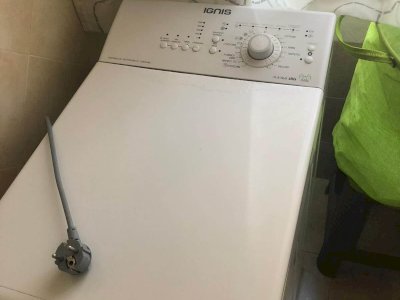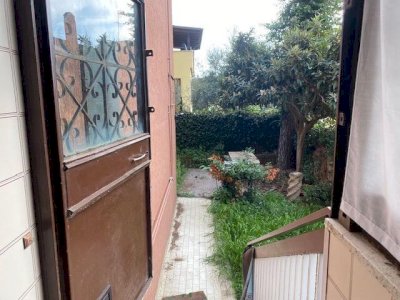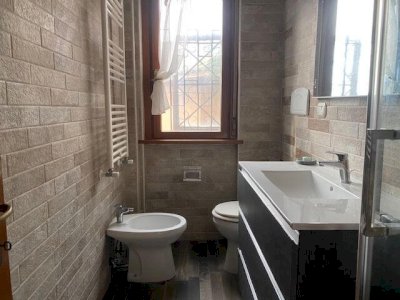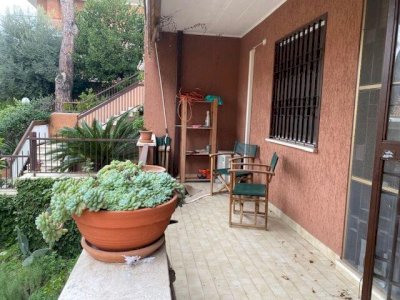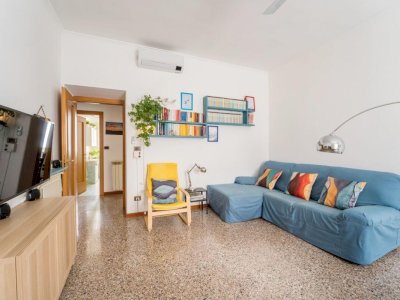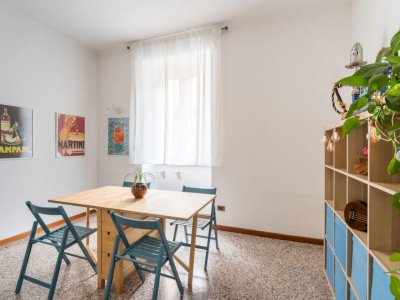
When you find a job, it can be tempting just to sign anything to secure your position but that’s a recipe for disaster! Italian bureaucracy can be hard to get your head around and contracts are no different. There are so many different terms and conditions depending on which contract you have but often the hardest part is just knowing what type of contract you have and what that means! Below, we’ve got the basics that will help you get more informed about the types of contract that are on offer in Italy.
But first, what does a contract do?
It describes the aspects of your position including:
- Your job title
- Salary
- Responsibilities and duties
- Sick pay and sick leave
- Holidays
- Notice period
Contract #1: Contratto a tempo indeterminato
- The contratto a tempo indeterminato is basically a permanent contract.
- There’s no end date! Once you’ve signed this contract, you’ve got a permanent position which is perfect for people who want to stay in Italy long-term.
- It guarantees that you have a higher level of protection that any other contract type (i.e. it’s more difficult to fire you!).
- This is the most stable and sought-after type of contract in Italy!
- It includes sick pay, holidays etc.
Contract #2: Contratto a tempo determinate/Contratto a termine
- The contratto a tempo indeterminato or a termine is a temporary or fixed-term contract.
- There’s an end date! This type of contract can last up to 36 months but there is the possibility that it could be renewed. Usually if you have this type of contract, you’ll find that it lasts for one year.
- This contract is probably the most common type among expats.
- They are typically used for part-time employees, apprentices and on-call workers!
- It includes sick pay, holidays etc.
Contract #3: Collaborazione occasionale
- Collaborazione occasionale can be translated as occasional collaboration.
- This is a short-term, temporary contract that can be used for jobs where you’ll earn up to 5,000 euros a year.
- You’ll need to pay 20% tax and maybe more based on your total earning from the previous year.
- Once you’ve reached the 5,000 euro cap, you could be offered another type of contract with the company that you are working for or you could continue to work beyond the 5,000 euro threshold (beware, it gets complicated when this happens!).
- Be sure to check the conditions regarding notice, sick pay, holidays and salary as these can differ from what a traditional contract offers!
Contract #4: Contratto a progetto
- From its name, you might already have guessed but this contract is used for project-based work.
- It isn’t a very popular type of contract anymore, so you probably won’t come across it but if you do make sure that you read it carefully.
Contratto #5: Partita IVA
- The Partita IVA isn’t technically a contract but more of a contract alternative.
- It’s basically a VAT number that you use as a freelance professional or a consultant.
- It can be quite complicated as you’ll need to issue invoices, submit your tax return and make regular VAT payments but many professionals in Italy who are teachers, tour guides or writers, prefer the freedom that comes with a Partita IVA.
- Beware that it is rather expensive and complicated, and you’ll probably need to hire an accountant to help you with your records!
Before you sign your contract
So, now that we’ve outlined the basics, hopefully you have a clearer idea of what type of contract you’re getting into. But here are some things to remember to do before you put pen to paper:
- Read, re-read and read again! It’s so important to make sure that what you are signing is fair so don’t be afraid to ask to have a copy and some time to think it over.
- Contracts in Italy are usually drawn up in Italian. If you aren’t a great Italian speaker, take a copy and ask a friend to help you! You don’t want to sign anything you don’t understand.
- Don’t be afraid to speak up! If you aren’t sure about something or you feel like something isn’t quite right, say something even if it’s a mistake, you’ll feel better once you know for sure!
DISCLAIMER:
This article is meant for educational discussion and it contains only general information about legal matters. It is not legal advice, and should not be treated as such.

When you find a job, it can be tempting just to sign anything to secure your position but that’s a recipe for disaster! Italian bureaucracy can be hard to get your head around and contracts are no different. There are so many different terms and conditions depending on which contract you have but often the hardest part is just knowing what type of contract you have and what that means! Below, we’ve got the basics that will help you get more informed about the types of contract that are on offer in Italy.
But first, what does a contract do?
It describes the aspects of your position including:
- Your job title
- Salary
- Responsibilities and duties
- Sick pay and sick leave
- Holidays
- Notice period
Contract #1: Contratto a tempo indeterminato
- The contratto a tempo indeterminato is basically a permanent contract.
- There’s no end date! Once you’ve signed this contract, you’ve got a permanent position which is perfect for people who want to stay in Italy long-term.
- It guarantees that you have a higher level of protection that any other contract type (i.e. it’s more difficult to fire you!).
- This is the most stable and sought-after type of contract in Italy!
- It includes sick pay, holidays etc.
Contract #2: Contratto a tempo determinate/Contratto a termine
- The contratto a tempo indeterminato or a termine is a temporary or fixed-term contract.
- There’s an end date! This type of contract can last up to 36 months but there is the possibility that it could be renewed. Usually if you have this type of contract, you’ll find that it lasts for one year.
- This contract is probably the most common type among expats.
- They are typically used for part-time employees, apprentices and on-call workers!
- It includes sick pay, holidays etc.
Contract #3: Collaborazione occasionale
- Collaborazione occasionale can be translated as occasional collaboration.
- This is a short-term, temporary contract that can be used for jobs where you’ll earn up to 5,000 euros a year.
- You’ll need to pay 20% tax and maybe more based on your total earning from the previous year.
- Once you’ve reached the 5,000 euro cap, you could be offered another type of contract with the company that you are working for or you could continue to work beyond the 5,000 euro threshold (beware, it gets complicated when this happens!).
- Be sure to check the conditions regarding notice, sick pay, holidays and salary as these can differ from what a traditional contract offers!
Contract #4: Contratto a progetto
- From its name, you might already have guessed but this contract is used for project-based work.
- It isn’t a very popular type of contract anymore, so you probably won’t come across it but if you do make sure that you read it carefully.
Contratto #5: Partita IVA
- The Partita IVA isn’t technically a contract but more of a contract alternative.
- It’s basically a VAT number that you use as a freelance professional or a consultant.
- It can be quite complicated as you’ll need to issue invoices, submit your tax return and make regular VAT payments but many professionals in Italy who are teachers, tour guides or writers, prefer the freedom that comes with a Partita IVA.
- Beware that it is rather expensive and complicated, and you’ll probably need to hire an accountant to help you with your records!
Before you sign your contract
So, now that we’ve outlined the basics, hopefully you have a clearer idea of what type of contract you’re getting into. But here are some things to remember to do before you put pen to paper:
- Read, re-read and read again! It’s so important to make sure that what you are signing is fair so don’t be afraid to ask to have a copy and some time to think it over.
- Contracts in Italy are usually drawn up in Italian. If you aren’t a great Italian speaker, take a copy and ask a friend to help you! You don’t want to sign anything you don’t understand.
- Don’t be afraid to speak up! If you aren’t sure about something or you feel like something isn’t quite right, say something even if it’s a mistake, you’ll feel better once you know for sure!
DISCLAIMER:
This article is meant for educational discussion and it contains only general information about legal matters. It is not legal advice, and should not be treated as such.

Richard
Richard is the founder of Cribmed. He was born and grew up in New Zealand. In his twenties, he traveled and backpacked extensively before finally settling down in Rome, Italy in 2011.

Latest posts by Richard
-
Affitti Vacanze vs. Affitti Mensili Transitori -
27 Nov, 2023
-
Cedolare secca e affitti brevi: Domande e risposte -
01 Nov, 2023
-
AMA - Rome Garbage - How it Works -
19 Jan, 2022
-
How to get a Codice Fiscale -
11 Jan, 2022
-
COLORARE LE CASE -
20 Dec, 2021



 English
English


































